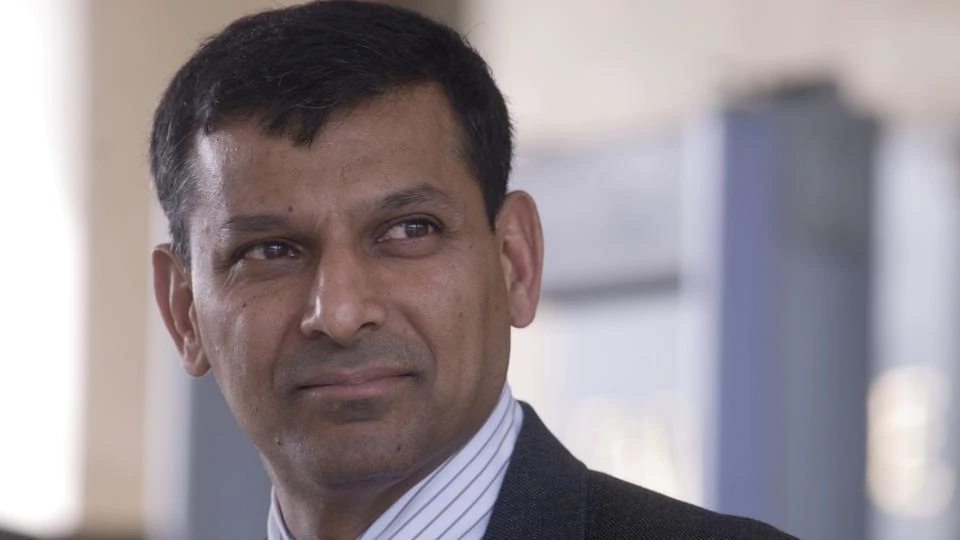Through a book ‘I do what I do’, written by former Central Reserve Bank (RBI) Governor Raghuram Rajan, he expressed that the governor of the RBI is not a bureaucrat for the central government and it is a mistake of the government to consider it a bureaucrat. He said that the government needs to improve on the methodology of appointing the governor of the Reserve Bank of India.
According to Rajan, the biggest danger of not having a clear definition of the rights of the governor of RBI is that the bureaucracy constantly keeps trying to reduce its powers. He said that it is not just the current government which is doing this but all the previous governments have also practiced this, which has weakened the role of the central bank in the economy.
Significantly the book written by Raghuram Rajan is only a compilation of his speeches and articles his book does not accumulate his entire experience as the Governor of the Reserve Bank of India. Unlike the book written by the former governor of the central bank Duvvuri Subbarao, which described the entire tenure of his work in detail. Neither it is in anyway similar to the book written by former governor Gopal Reddy who unveiled the actual realities that lay behind the curtains in the decision taking during his tenure.
However, through the introduction of his book and introduction of some of his articles, Raghuram Rajan has tried to explain his opinion on some important decisions taken by him during his tenure. On the last day of his tenure in the Reserve Bank, Rajan had said, “India needs a strong and independent Reserve Bank for macroeconomic stability, which is the most important.”
Rajan said, “In such an environment where the central bank has to be firmly in front of the Center and the top level of state governments, from time to time, I remember the words of my predecessor, Dr. Subbarao. “When he said that the finance minister would say on one day that I am often troubled by the Reserve Bank, so disturbing that I want to go out on a walk, even if I have to go alone. But thanks to God that the Reserve Bank is here.”
Addressing a gathering at St. Stephens College in Delhi, Rajan had said, the work of Central Bank is not as easy as it looks, and certainly, it was limited to increasing and reducing the tax rates.
Rajan further said that the freedom to take decisions about functioning is important for the Reserve Bank. Rajan talked about freedom in the central bank’s operations for macro economic stability. At the same time, he also said that ‘Reserve Bank is always working with the advice of the Finance Ministry under a framework set by the government and it can not be free from all constraints.
Rajan had also said that giving a special dividend to the government for its own benefit from the Reserve Bank would not help in resolving the problem of the budget. Rajan said It would be that every time many government agencies insist on monitoring the activities of the Reserve Bank. Many levels are investigated and especially, such agencies do, which do not understand the technical matters, this only damages the decision process. Rather, it is the government appointed by the Reserve Bank of India, in which the former officials, government officials and people appointed by the government should play the role of monitoring.
Rajan had said that macro economic stability is very important for India and whenever the situation is needed, Central Bank should have resources, knowledge and professional people. He said that for macro economic stability, India needs a strong and independent Reserve Bank. Rajan said that when things are unclear about the responsibilities of the Reserve Bank, then continuous questions will be raised about its moves and decisions. He said that the role of the Reserve Bank in the matter of macro economic stability is still unclear and it is high time now that the government gives some freedom to the Reserve Bank of India and improves its process of appointing the governors.
He also revealed that he had warned the government of the consequences that the country may have to suffer due to demonetisation. He had said that short term costs of the ban on the old currency note of Rs 1000 and 500 would counter attack the government in the long run. According to Rajan demonetisation had a negative effect on the economy, he said that “I think all said and done, it would be fair to say the intent was good. But certainly at this point, one still cannot in any way say it has been an economic success. But again, as I said, only time will tell.”

